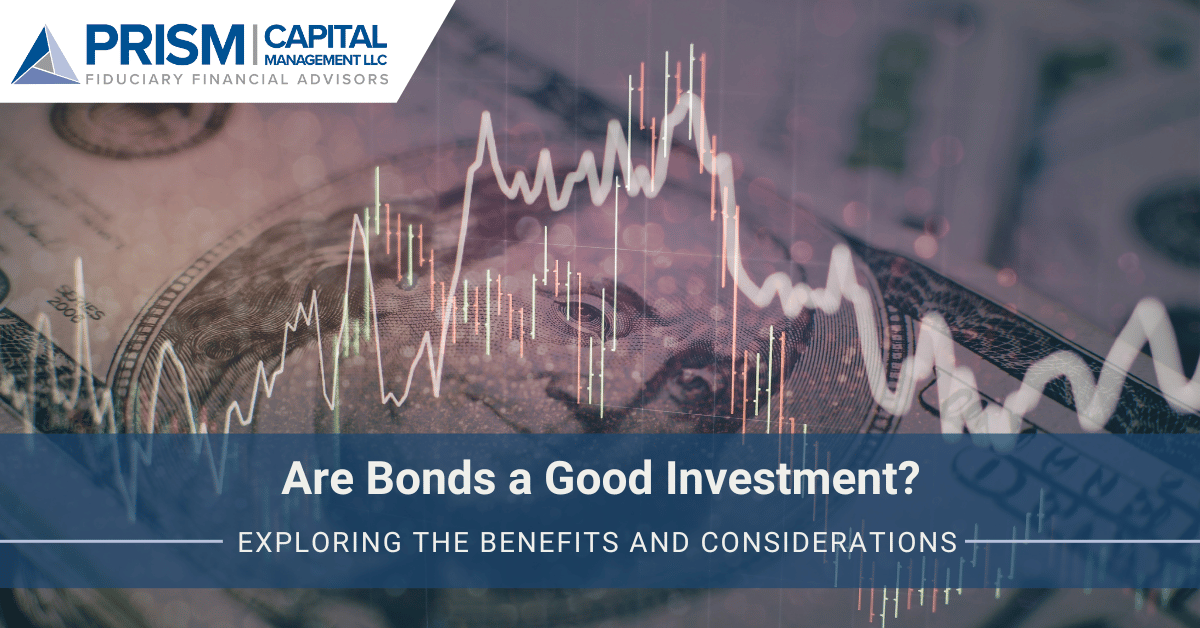Are Bonds a Good Investment?
Exploring the Benefits and Considerations
Investing is a crucial aspect of financial planning, and one of the perennial debates revolves around the suitability of bonds as an investment option. Bonds have long been considered a staple in a diversified portfolio, but are they still a good investment in today’s dynamic financial landscape? In this article, we’ll delve into the world of bonds, exploring their benefits, potential drawbacks, and their role in a well-balanced investment strategy.
Understanding Bonds
Before we dive into whether bonds are a good investment, let’s clarify what they are. Bonds are debt securities issued by governments, municipalities, or corporations to raise capital. When you invest in a bond, you are essentially lending money to the issuer in exchange for periodic interest payments and the return of the bond’s face value at maturity.
Benefits of Investing in Bonds
1. Stability and Predictability: Bonds are generally considered less volatile than stocks, making them an attractive option for investors seeking stability in their portfolio. The regular interest payments provide a predictable income stream, which can be particularly appealing for retirees or those with a low-risk tolerance.
2. Diversification: Including bonds in your investment mix can help diversify your portfolio. This diversification can help spread risk and potentially reduce the impact of market fluctuations.
3. Preservation of Capital: Unlike stocks, which can experience significant fluctuations in value, bonds offer a higher level of capital preservation. Assuming the issuer does not default, you can expect to receive the face value of the bond at maturity.
4. Income Generation: Bonds provide a steady stream of income through periodic interest payments. This can be especially important for income-oriented investors looking to supplement their cash flow.
5. Risk Management: Bonds with different maturities and credit qualities allow for tailoring risk exposure. For example, government bonds are generally considered lower risk, while corporate bonds may offer higher yields but come with slightly more risk.
Considerations When Investing in Bonds
1. Interest Rate Environment: The interest rate environment can significantly impact the performance of bonds. When interest rates rise, existing bonds with lower coupon rates may become less attractive, potentially leading to a decrease in their market value.
2. Inflation Risk: Inflation erodes the purchasing power of future cash flows, which can impact the real return on bonds. Consider investing in inflation-protected securities or other assets that have historically acted as hedges against inflation.
3. Credit Risk: Different issuers have varying levels of creditworthiness. Government bonds are typically considered low risk, while corporate bonds are subject to the financial health of the issuing company.
4. Liquidity: Some bonds may have lower liquidity compared to stocks, which could impact your ability to buy or sell them quickly.
5. Diversification within Bonds: Not all bonds are created equal. Diversify within the asset class by considering a mix of government, municipal, and corporate bonds, as well as bonds with different maturities.
Conclusion
In the realm of investments, there is no one-size-fits-all answer. Bonds can be a valuable component of a well-rounded investment strategy, offering stability, income, and risk management benefits. However, it’s crucial to carefully consider your individual financial goals, risk tolerance, and the broader economic environment when incorporating bonds into your portfolio.
At Prism Capital Management, we understand that every investor is unique. We work closely with our clients to craft investment strategies tailored to their specific needs and aspirations. If you’re interested in exploring the potential of bonds within your portfolio, don’t hesitate to reach out to our team of experienced advisors.
Financial Services for Real People
Founded for the benefit of clients, Prism Capital Management is an independent Seattle and Skagit-based firm with a deep commitment to providing guidance that is free of conflicts of interest, based solely on the sum of our experience and expertise. We are committed to putting client interests first and to stewarding both wealth and well-being for those we serve. We have a singular measure of success: the results we get for our clients.
As an Investment Advisor, we have a fiduciary duty to act in YOUR best interest. From planning to investment management to advice on buying a car, we are your financial life partners.




